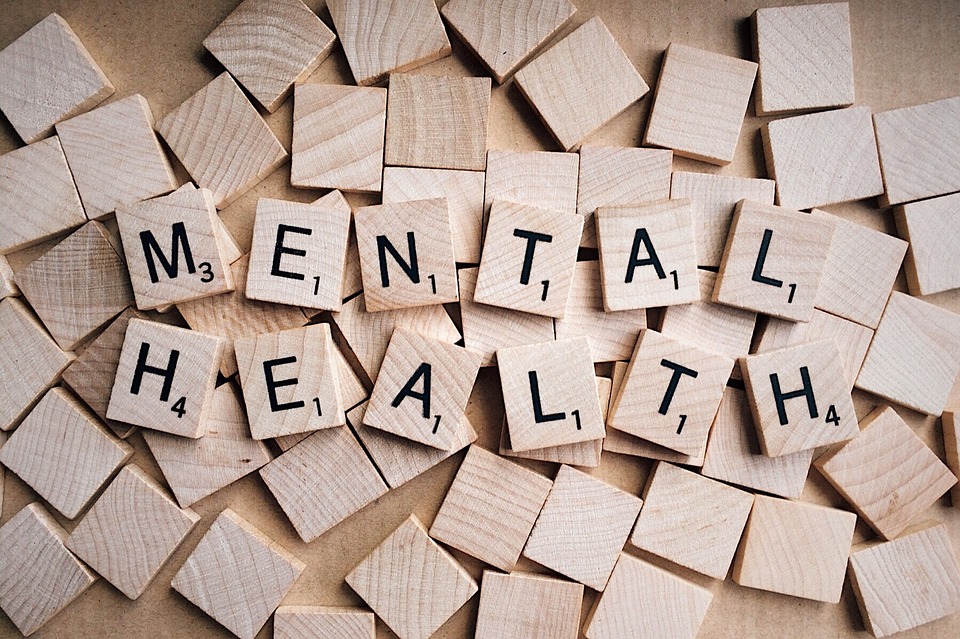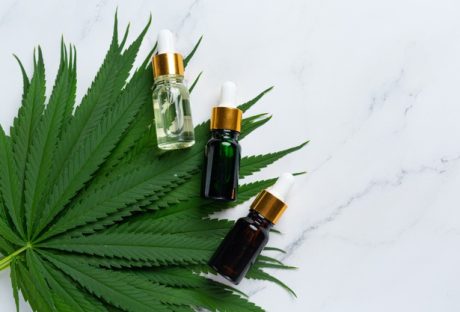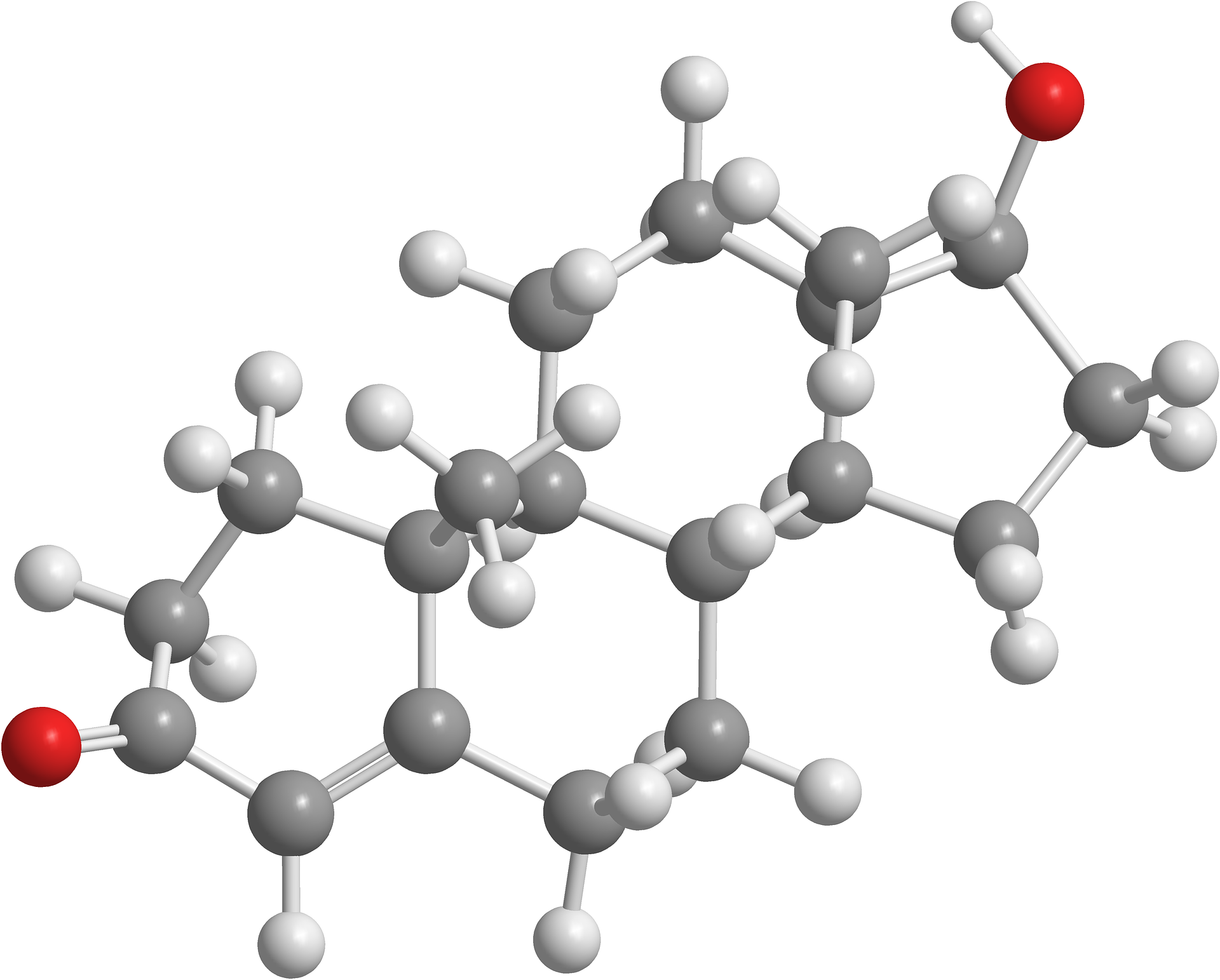Want to improve your brain power? Fuel your brain, with enough protein to improve its performance. Here, I shall be discussing 5 food types that could help in improving your mental health.
Read also: Top 5 Foods For Healthier And Thicker Hair
Opting for Lean Protein
The most important inclusion to the diet chart is food items that are rich sources of lean protein. Protein is probably one of the most abundant substances present in the body, next only to carbohydrate. The food that we consume is broken down to substances for creating neurotransmitters and different other chemicals. These chemicals and neurotransmitters help the nervous system and provide power to the brain for communicating in an effective manner. Tryptophan, a certain kind of amino acid influences the mood by the effective production of the neurotransmitter serotonin. Serotonin helps in fighting depression. Some of the common sources of lean protein are eggs, beans, chicken, turkey, and fish. Consuming these food items in suitable amount helps in keeping the serotonin level balanced. Complex carbs are also important to include in the diet. They help in facilitating the tryptophan entry into the brain. This helps in reducing the anxiety and depression, thus, improving cognitive functioning.
Include Fish in the Diet
Fish, especially the sea-based ones are high sources of protein and are low in terms of saturated fats. Sea-based fish like trout, anchovies, herring, salmon, prawn, sardines, and sablefish are also high sources of omega-3 fatty acid. Seafood or sea-based fish are an exclusive part of protein families and must be consumed at least twice in a week. Remember, the composition of our brain is largely based on fat. Our body is incapable of manufacturing those essential fatty acids in a large volume. Therefore, we must depend on diets that are rich in lean protein and omega-3 fatty acids that would help in our brainpower prowess. Omega-3 fatty acid also helps in boosting memory and developing the learning power of the brain.
Read also: 9 Magical Benefits Of A Vegetarian Diet
Soy and Tofu
Soy and Tofu (Non-GMO based) are said to be excellent sources of lean protein with low-fat content. They could be the best alternative to red meat. Enjoy a meatless diet with soy and tofu to get essential protein, without affecting your health.
Focusing on Dairy Products
Certain dairy products like, yogurt, milk, and cheese are high sources of protein. However, they are not sources of lean protein. Rather, they are sources of healthy proteins, with fat content. Therefore, you must avoid flavored milk and low-fat yogurts due to their inclusion of added sugar. Also, it is advisable to avoid processed cheese because of the presence of non-dairy ingredients.
Beans and Peas
Finally, include beans and peas into the diet. Both these vegetables are said to be high sources of protein and fiber. Include them in the salads, stews, soups, and other vegetable dish preparation. It would not only help in boosting your protein intake but also help in preventing the chances of cancerous cell growth factor.
Try to avoid processed carbs and replace them, with high-quality protein-based food into your diet. It would also prevent the chances of brain stroke and heart diseases while improving your mental agility and power.
Read More:






















